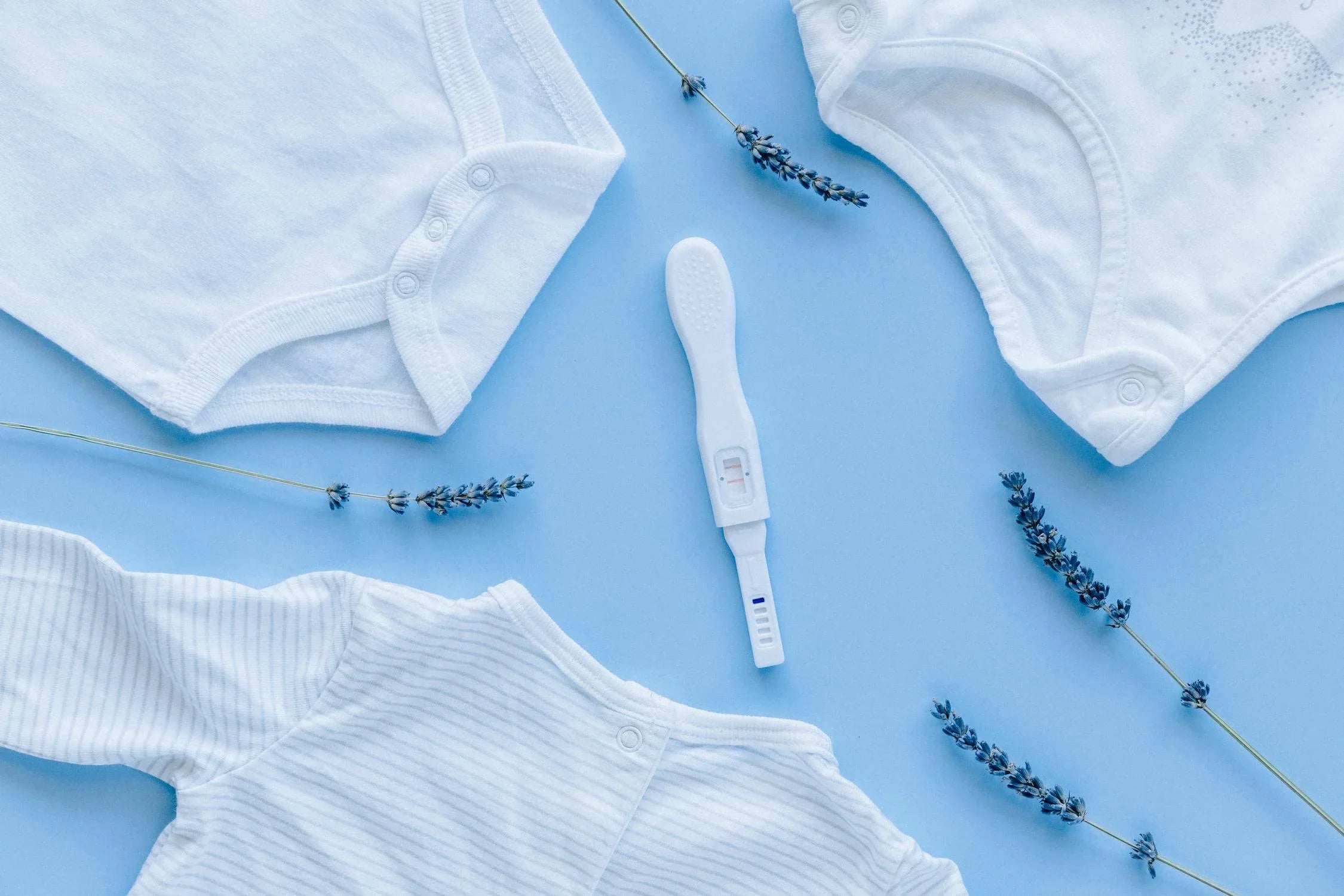Startseite
Pregnancy, Breastfeeding, and Pumping: The Ultimate Guide for Moms
How Long to Wait After Sex for Pregnancy Test: A Complete Guide

How Long to Wait After Sex for Pregnancy Test: A Complete Guide
Waiting to take a pregnancy test after sex can feel like an eternity, especially when you're eager to know the results. Understanding the right timing is crucial to ensure accuracy and avoid unnecessary stress. This guide will walk you through everything you need to know about how long to wait after sex for a pregnancy test.
Understanding the Basics of Pregnancy Tests
Pregnancy tests work by detecting the presence of human chorionic gonadotropin (hCG), a hormone produced during pregnancy. This hormone is released when a fertilized egg attaches to the uterine lining, a process known as implantation. The levels of hCG increase rapidly in the early stages of pregnancy, making it a reliable marker for detecting pregnancy.
When Does Implantation Occur?
Implantation typically occurs 6 to 12 days after ovulation, which is when an egg is released from the ovary. Since sperm can survive in the female reproductive tract for up to 5 days, fertilization can happen days after intercourse. This means that the timing of implantation—and thus the production of hCG—can vary depending on when ovulation and fertilization occur.
How Long Should You Wait After Sex?
The general recommendation is to wait at least 7 to 10 days after ovulation or 14 days after intercourse to take a pregnancy test. This waiting period allows enough time for hCG levels to rise to a detectable level. Testing too early can result in a false negative, as the hormone may not yet be present in sufficient quantities.
Factors That Influence Test Accuracy
Several factors can affect the accuracy of a pregnancy test, including the sensitivity of the test, the timing of the test, and individual variations in hCG production. Some tests are designed to detect lower levels of hCG, making them more sensitive and potentially accurate earlier in pregnancy. However, even with a sensitive test, waiting the recommended period is essential for reliable results.
Types of Pregnancy Tests
There are two main types of pregnancy tests: urine tests and blood tests. Urine tests are the most common and can be done at home, while blood tests are typically performed in a healthcare setting. Blood tests can detect pregnancy earlier than urine tests, but they are not as convenient for most people.
How to Take a Pregnancy Test
When taking a pregnancy test, it's important to follow the instructions carefully. Most tests recommend using the first urine of the day, as it is more concentrated and likely to contain higher levels of hCG. Make sure to check the expiration date of the test and avoid drinking excessive fluids before testing, as this can dilute the urine and affect the results.
Interpreting the Results
A positive result on a pregnancy test typically indicates pregnancy, but it's important to confirm the results with a healthcare provider. A negative result may not always mean you're not pregnant, especially if the test was taken too early. If you suspect you might be pregnant despite a negative result, consider retesting after a few days or consulting a healthcare professional.
What to Do After a Positive Test
If you receive a positive pregnancy test result, the next step is to schedule an appointment with a healthcare provider. They can confirm the pregnancy through a blood test or ultrasound and provide guidance on prenatal care. Early prenatal care is essential for the health of both the mother and the developing baby.
Common Myths About Pregnancy Testing
There are many myths surrounding pregnancy tests, such as the idea that certain foods or activities can affect the results. In reality, the accuracy of a pregnancy test depends on the presence of hCG and proper testing procedures. It's important to rely on accurate information and avoid falling for common misconceptions.
Emotional Considerations
Waiting to take a pregnancy test can be an emotional experience, whether you're hoping for a positive or negative result. It's important to take care of your mental health during this time and seek support from loved ones or a counselor if needed. Remember that no matter the outcome, you are not alone, and there are resources available to help you navigate this journey.
Knowing how long to wait after sex for a pregnancy test can make all the difference in getting accurate results. By understanding the science behind pregnancy tests and following the recommended guidelines, you can approach the process with confidence and clarity. Whether you're trying to conceive or simply want to know your status, this guide provides the information you need to make informed decisions about your reproductive health.
Teilen

